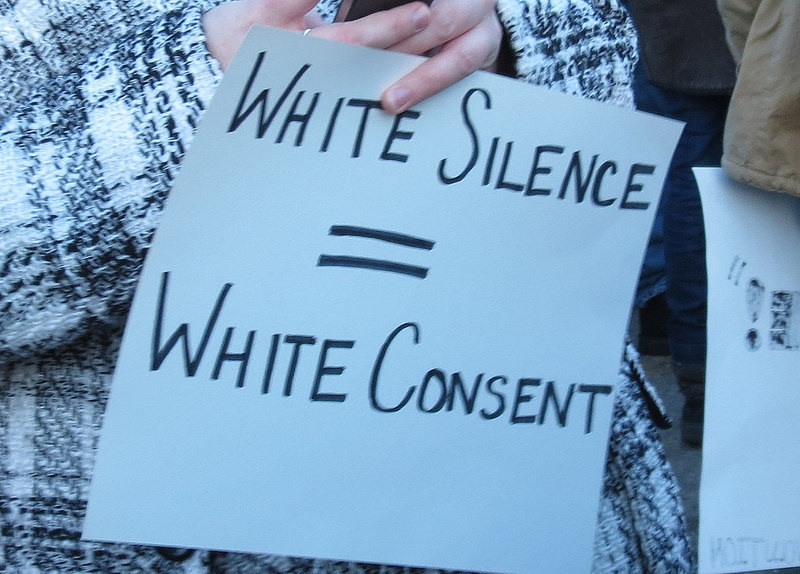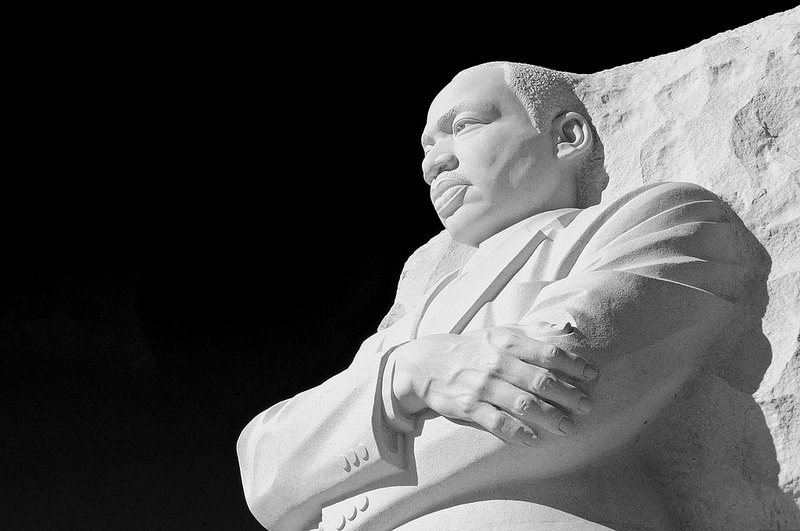Hatred, Thurman writes, “bears deadly and bitter fruit.” We do not need to hate people in order to dismantle racism. In fact, it’s better if we do not succumb to hate. Police shootings of unarmed Black, Indigenous and People of Color are examples of hatred institutionalized, made subconscious through centuries of white supremacist ideology.
I am doing chaplaincy training on a trauma unit where I see victims of other kinds of hate - young men and women of colorwith bullet holes and stab wounds. And yes that hate comes partly from gang violence and turf wars, but let’s be clear that this violence stems from the violence of poverty,
the violence of generations of trauma that keep perpetuating violence, it comes from the violence of despair.
I imagine the pain of the mothers of sons and daughters close in age to my own son. I suspect that those who shot or stabbed may never be found or prosecuted. I know that those who caused the poverty, who allowed drugs to take over those neighborhoods then created a war on drugs leading to mass incarceration, are in effect punishing people for poverty. Those responsible for these multiple intersecting systems of oppression will never, ever be brought to justice. And I feel angry and I know it as a holy anger but I do not want to let it become hatred. I do not want it to become despair.
It seems too large a thing for us to do anything about. Some think racism is a permanent part of American culture but to me that statement sounds like despair - the spiritual illness that comes from a lack of hope. How do we counter despair? How do we restore hope?
I like to quote a beloved mentor who says “There is no hope apart from relationship.”
So to me it seems the way to address despair, to nurture hope,
The way to address racism in our lives, in our relationships, in our church, in our town, our region, our commonwealth, our nation, and world is by building relationships, starting close in and radiating out.
And so it seems to me that I need, and if you’re with me, WE need to build relationships like those fostered in the Ten Point Coalition - relationships between clergy, police officers, and communities of color.
A minister friend did an internship there. They send two clergy members and two police officer together into communities
fractured by racism, poverty and violence, in order to build relationships - reaching out to youth, trying to help them escape the prison of hatred, the prison of fear, and the prison of poverty, the prison of violence, the prison of despair. Fostering these relationships generates hope for those communities and at the same time helps the police officers escape those same prisons.
It is time to dismantle racism and and injustice. How we might use whatever power and our privilege we have to dismantle the systems that give privileges that really ought to be rights. Dignity. Safety. Sufficiency. Freedom. Rights.
Ethicist Karen Lebacqz says we know we are using our power ethically when it liberates others. I would add that when we use our power this way it also liberates us. As Martin Luther King Jr. said when he wrote of our inescapable network of mutuality, "We cannot be who we ought to be until others can be what they ought to be. And they cannot be what they ought to be until we are who we ought to be." Someone needs to start that positive cycle. I’m ready. If you are, join me.
We can use the inescapable network of mutuality, building relationships that strengthen that network generating the hope that drives out despair, healing wounds that are old, broad and deep, creating the love that can conquer hate
that can help us overcome, and lead us to the freedom land.
Come stand with me. Come hope with me. Come sing with me.


 RSS Feed
RSS Feed